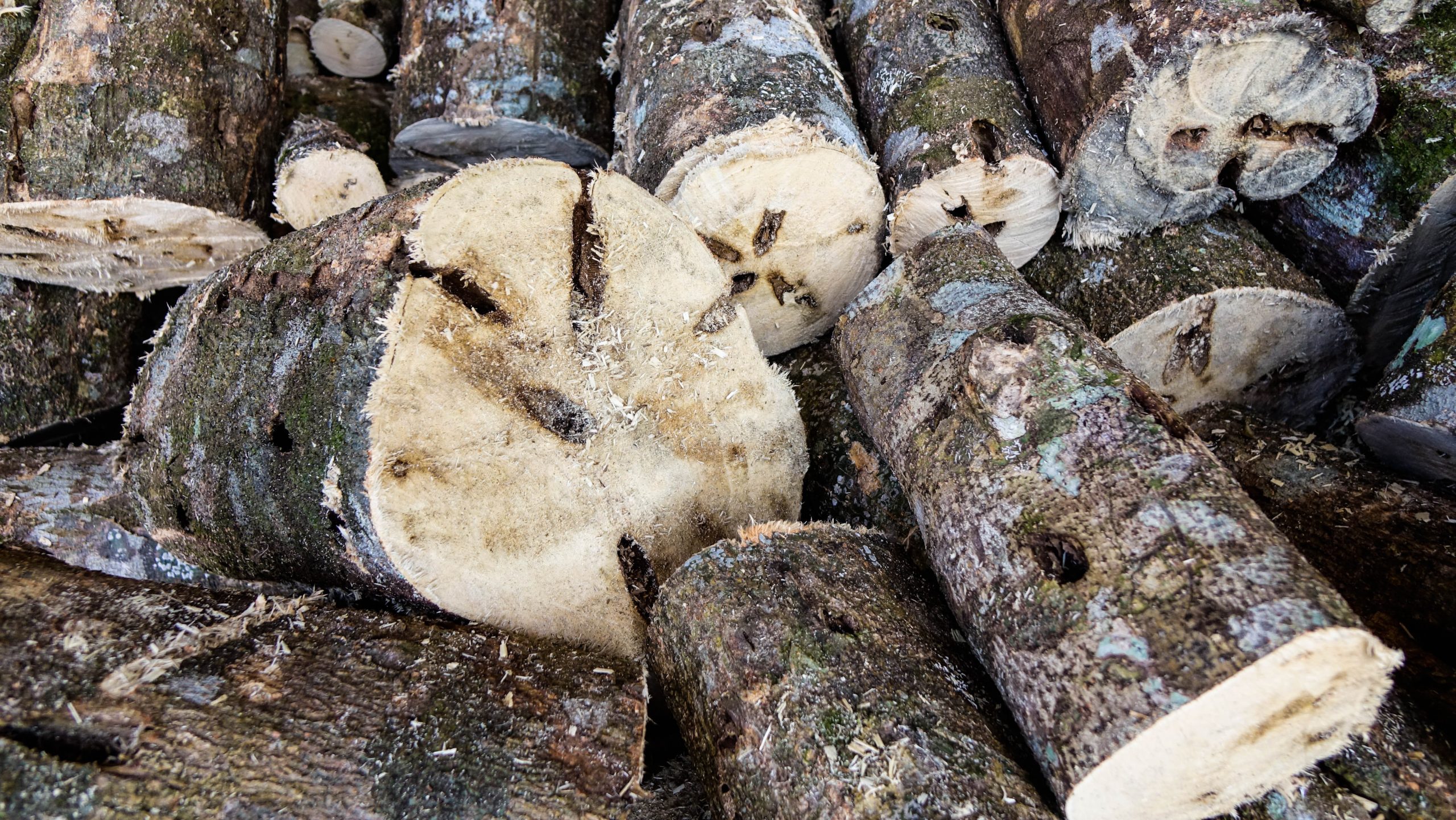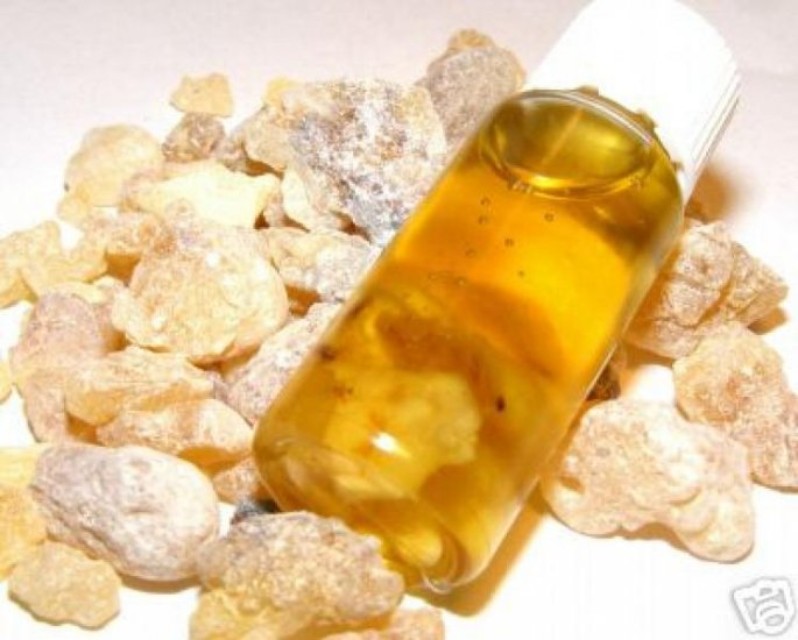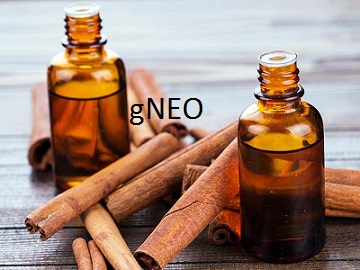Description: Texas Cedarwood oil is excellent for eczema, psoriasis, arthritis, circulation problems, sinusutis, bronchitis, congestion, cough, cystitis, water repellent and as an insect repellent. The chemical constituents of Texas Cedarwood oil include having anti-putrescent, anti-sborrhoeoc, aphrodisiac, astrigent, diuretic, expectorant, mucolytic, sedative, stimulant and tonic properties. There are 15 variants of cedarwood essential oil available in the world, each with their own variations in chemistry, but they all share some commonalities, including a warm, woodsy and balsamic scent that lends itself well to incense and cosmetic preparations, especially for men. The oil itself is steam distilled from the bark and needles of the cedarwood tree, producing a medium yellow-to-amber colored liquid with a medium base fragrance note. Its chemical components include cedrol, a-cedrene, b-cedrene, widdrol, thujopsene, and other sesquiterpenes. The Atlas and Himalayan varieties are high in alantone and himachelene, while the American varieties are higher in cedrene, cedrol and thujopsene. Stimulates and strengthens the hair follicle, and so can be effective in treating alopecia and dandruff, and can help to stimulate new hair growth. Helps to make dry hair more supple. Detangles and deep-conditions any hair type – however, the oil has a tendency to darken hair color, so if you are fair-haired, use with caution. Both inside the body and out, cedarwood helps to tone the muscles and tighten the skin. Reduces inflammation on the skin’s surface, and also deep within joints, so can provide significant relief for those who suffer from arthritis.
**NOTE: Redistilled 25% Cedrol
Botanical Name: Juniperus Mexicana
Plant Part: Wood
Extraction Method: Steam distillation and rectified.
Odor and Appearance: A yellow mobile liquid having a warm, nut like, woody odor.
Country of origin: U.S.A
Main Constituents: Cedrol, beta-cedrene, thujopsene, alpha-cedrene, widdrol, and other sesquiterpenes and sesquiterpenols.
Common Uses: It is often used in aromatherapy for relaxation and stress relief, as its warm and woody scent promotes a sense of calm and tranquility. Additionally, it can be used in skincare products due to its astringent properties, making it beneficial for oily and acne-prone skin. Furthermore, Cedarwood oil is employed as a natural insect repellent and can be added to diffusers, bath products, massage oils, and homemade cleaning solutions for its pleasant aroma and potential therapeutic effects.
Note: Base note.
Blends well with: Citrus oils like bergamot and lemon to add a bright, uplifting element, floral oils such as lavender and jasmine to create a balanced and soothing blend, and woody oils like sandalwood and cypress to enhance its warm and earthy aroma.
Contraindications: Avoid cedarwood if you are pregnant or nursing, and do not use on children unless under the direct guidance of a medical practitioner who is qualified in aromatherapy. Avoid contact with the eyes, mucous membranes, or with open wounds. As with all essential oils, test the diluted oil on a small, inconspicuous area of skin before applying liberally.
*These statements have not been evaluated by the Food and Drug Administration. This product is not intended to diagnose, treat, cure, or prevent any disease.*
For large quantities please contact us via our phone number or through the Contact Us page.
Like us on Facebook.









Sue (verified owner) –
Great Texas cedar! (Why so many cedars, one may ask? Because each one has its own nuances of scent, and I would not want to be without ANY of them!)
Tanja (verified owner) –
This is a lovely cedar. It blends well with so many other essential oils. I use it all the time.
Anonymous (verified owner) –
Fabulous. Thank you